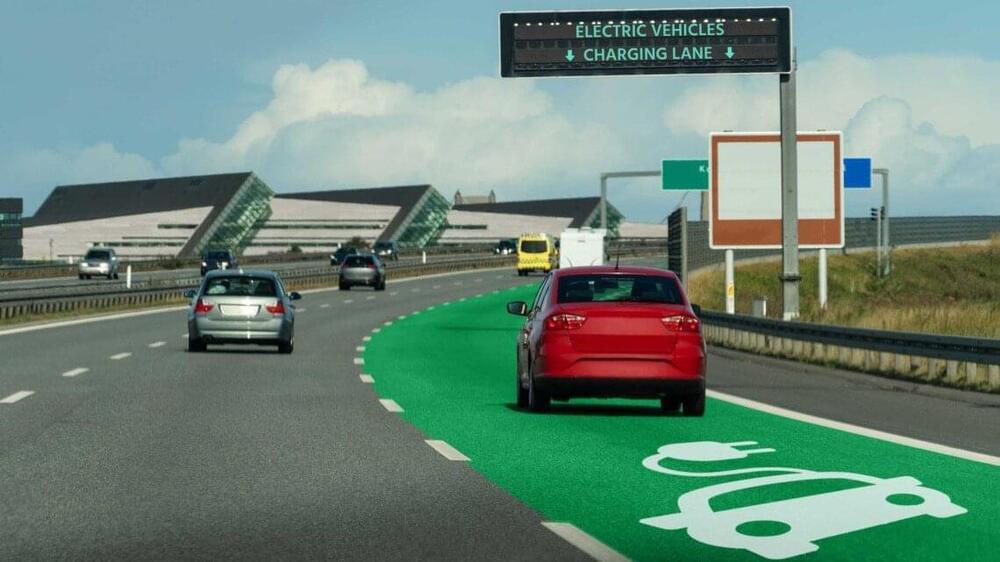Wireless charging roads equipped with energy storage systems are promising electric vehicle solutions by virtue of their strong advantages in time saving and reduced pressure on the existing power infrastructure, according to a paper by Cornell researchers published this month in Applied Energy.
The electric vehicle (EV) industry has experienced remarkable expansion and technical development during the last decade. It is estimated that EVs will comprise 48%, 42% and 27% of light-duty vehicle sales in China, Europe and the United States, respectively, by 2030, according to co-authors H. Oliver Gao, the Howard Simpson Professor of Engineering, and Jie Shi, a former Cornell systems postdoctoral researcher.
Integration of wireless charging roads into the existing electricity market and efficient management of the corresponding energy storage system are crucial for successful implementation of the wireless charging road systems.
